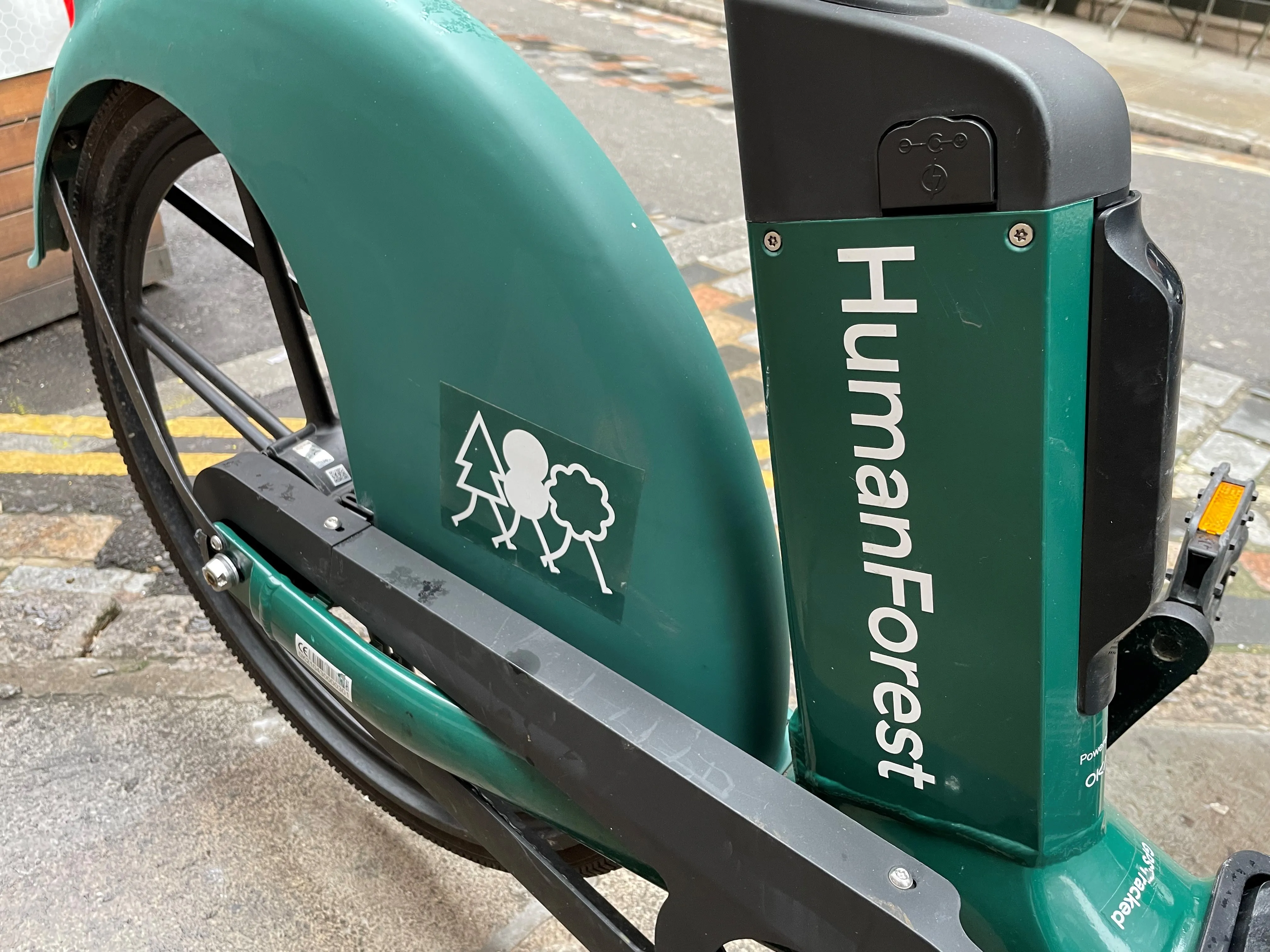Uber says drivers working 40 hours per week for two years could receive around £3,000 of support towards the purchase of an EV.
The initiative is part of Uber’s Clean Air Plan in which the company expects to raise more than £200 million in the next few years to support the switch to electric.
Uber estimates that 20,000 of its drivers will upgrade to EVs by 2021 followed the establishment of fully electric fleet in 2025.
Dara Khosrowshahi, CEO of Uber, says the Clean Air Plan is a long-term investment in the future of London.
“Over time, it’s our goal to help people replace their car with their phone by offering a range of mobility options – whether cars, bikes, scooters or public transport – all in the Uber app,” Khosrowshahi adds.
As part of the programme, Uber has joined forces with home charging suppliers BP ChargeMaster, EO Charging, EVBox, Franklin Energy, NewMotion, Pod Point and Swarco EVolt to allow its drivers to charge their vehicles at home.
Additionally, the ride-hailing firm will take part in a diesel scrappage scheme next year in a bid to remove 1,000 of the most polluting cars from London’s roads.
According to Uber, the first 1,000 drivers to ditch a pre-Euro 4 diesel vehicle and provide an official ‘scrappage certificate’ will receive up to £1,500 of credit to spend on Uber or UberPool rides.
Uber to implement clean air fee for all London trips
Uber will introduce a fee of 15p per mile for all trips booked via its app in London to help its drivers purchase an electric vehicle (EV). The surcharge will be introduced in early 2019.
Uber says drivers working 40 hours per week for two years could receive around £3,000 of support towards the purchase of an EV.
The initiative is part of Uber’s Clean Air Plan in which the company expects to raise more than £200 million in the next few years to support the switch to electric.
Uber estimates tha
October 25, 2018
Read time: 2 mins









